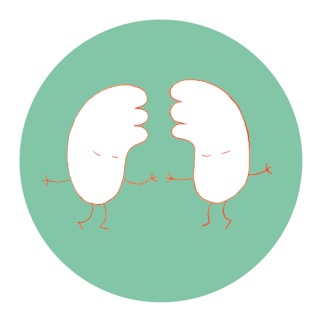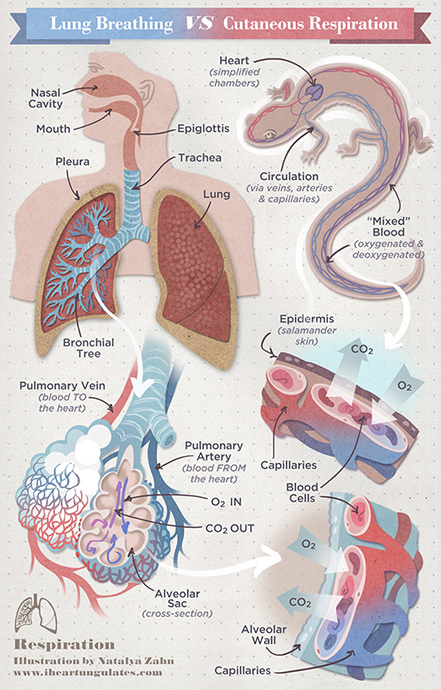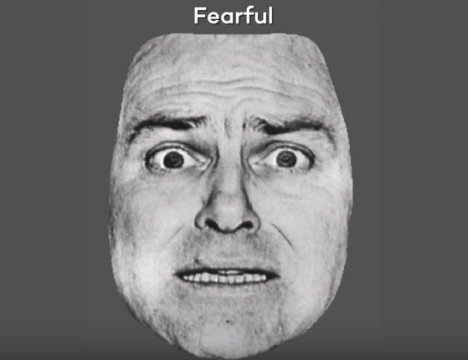Excerpt from Diary by Gavin Francis from the London Review of Books. A beautiful and educational description of the workings of the heart.
“Before stethoscopes were invented, physicians would listen to their patients’ hearts by laying one ear directly onto the skin of the chest. We’re accustomed to laying our heads against the breasts of our lovers, our parents or our children, but once or twice when I’ve rushed out on an urgent house call, leaving my stethoscope behind, I’ve had to rediscover the traditional method. It’s an odd sensation – intimate yet detached – to apply your ear to the chest of a stranger. It helps if you stick a finger in the unoccupied ear. Once you tune out all the background noise you begin to hear the sound of blood as it makes its way through the chambers and valves of the heart. The classical belief was that blood travelled to the heart in order to be mixed with vital spirit, or pneuma, rarefied from the air by the lungs. The ancients must have imagined a churning within; air frothing with blood the way wind whips up waves on the sea. The first time I placed my ear to a patient’s chest I was reminded of holding a conch shell as a child, listening to the imagined ocean within. Read More






